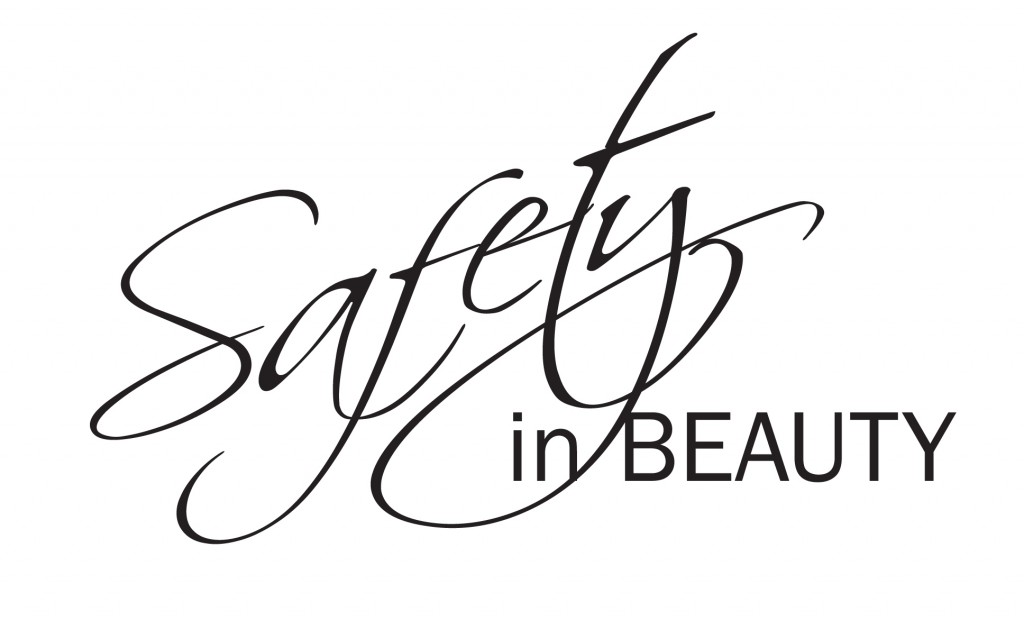 Stress
Stress
Stress is a response to a trigger – in this case known as a ‘stressor’. Stress is a psychological and physiological response to a situation that threatens our wellbeing.
Any situation or event that impacts our normal ability to cope or achieve our goals can be a Stressor. It might be useful to consider an engineering definition here..
”Stress is any force that causes significant modification of form, usually a distortion, to a system.”
The ‘system’, in this case, is you and ‘the distortion’ starts as an emotional response to the stressor. Like any emotion’ stress causes psychological and physiological tension and reactions. In simple terms; it is a form of arousal.
This arousal is in the form of a stress response. In the moment of the situation – and for a short term – this response can be vital to our survival and is a healthy response. It is when this response becomes long-term or beyond what we can control that it becomes unhealthy and actually starts to threaten our survival.
The adrenaline and noradrenaline released as a response to stress causes increased heart rate, quicker, shorter breathing and sweating. At the same time the cortisol (the primary stress hormone) released increases sugars (glucose) in the bloodstream; this allows your brain to function at a higher level to react and for your body to increase the substances needed to repair repair tissues. In simple terms, you go into ‘Fight or Flight’ mode.
Cortisol also depresses the bodily functions we do not need in a fight. It alters the way your immune system is functioning, it impacts your digestive system (ever wonder why you feel sick in moments of extreme stress? throwing up in a tiger’s face gives you a chance to run away whilst it is distracted – -emptying your digestive system also makes you lighter to run away!)
What causes it?
Although it is healthy in the short term stress becomes damaging if these hormones are not allowed to return to normal.
The adrenaline keeps us on alert, it keeps us wanting to do something. We can even start to have irrational thoughts as our mind tries to find a solution to the distress it is feeling. We can become fixed on one solution as the cognitive part of our brain is closed down as we become more focused on simple survival.
The noradrenaline is part of the parasympathetic nervous system which controls the ‘stop’ response. Instead of pausing to check our self after the threat – effectively taking a breath and then carrying on – we ‘crash. We withdraw from doing anything, we disconnect from people, we slob out in front of the telly and comfort eat. We actually stop doing the things that are healthy for us. After a while the ‘system’ doesn’t like this either and starts to feel stressed by it – vicious circle!
How to know if you are stressed
If you are experiencing any of these maybe it is time to change the way you are doing things!
- Anxiety
- Depression
- Digestive problems
- Headaches
- Muscle tension and pain
- Heart disease, heart attack, high blood pressure and stroke
- Sleep problems
- Weight gain
- Memory and concentration impairment
Fun Fact!
A hormone produced when stressed called adrenocorticotrophic hormone (ACTH) can actually blocknervous pathways involved in reducing anxiety. A double whammy!)
How to prevent it
This is the “It’s not rocket science bit!
Manage your sleep – sanitise your room, remove screens, make sure its a calm space.
Boundaries: If working from home have a dedicated work space. Close it and leave at a proper time. Work flexibly, by all means, but protect YOUR time too! It might be less stressing to send that quick email at 10PM but don’t stay on the laptop: get the work thought out of your head and then back in your space. Don’t make a habit of this, don’t answer the work phone on holiday – don’t TAKE the work phone on holiday! .
Connect with people. Share time with positive people: people who value you.
Be Physical. Use up the adrenaline positively. Then the post-bike ride ‘crash’ (on the sofa or in the bath!) is using the noraadrenaline effectively too – and you get the kick of feel good dopamine! Even the cortisol gets to do it’s bit by supporting tissue repair instead of just impacting things!
Get fresh air. Connect with nature. It is called Biophilia and it’s effects are proven!Biophilia – the innate human attraction to other living things and a connection to ‘green spaces’ has proven impacts on health & wellbeing (homeostasis). Also, nature is unconditional and disregards our individuality. It can allow us to think wider and focus on solutions rather than the problem. (more of that later!).
What to do about it
First:
Did I say ‘Watch the alcohol’: The stress response is controlled by a system known as the hypothalamic-pituitary-adrenal (HPA) axis. Alcohol is known to impact the functioning of the HPA. Both alcohol consumption and alcohol withdrawal can cause excessive cortisol production. This, in turn, can alter how we produce and use energy, our mental status, the physical integrity of body tissue (especially bone and muscle tissue) and the immune system’s ability to fight infection.(Adinoff et al. 1998)
Alcohol is also a depressant so we feel less about the problems but actually make it harder to overcome them! In addition, excessive alcohol is actually its own stressor.
Then it might be useful to take a problem focused strategy.
DO SOMETHING!
Deal with the problem directly. Stop kicking the can down the road. If it hasn’t got better on its own by now it probably never will! This might require direct physical or cognitive problem solving. Both of which are hard because of the stress response! So reconnect first to make this easier.
Take Control.
Direct action may not be possible. That is OK: instead, take control of what you can.
A big presentation deadline? Prepare, research the facilities, check your resources, practice.
An exam or qualification check? – check out the schedule, the location, any processes you need to follow.
You cannot remove the stressor (the thought of these events) but you can reduce the related stress impacts.
Reframe.
Change the way you think. A elderly lady wanted a break away. She booked a luxury hotel break to not be disturbed and to relax. Her suite was splendid and private. Next morning she awoke to piano playing. It went on, intermittently, all morning from the other luxury suite above hers. She became unable to relax as she found it intrusive. She became stressed and in the afternoon went to complain about it tot the hotel management. The manager listened and then explained “The person in the suite is the world’s greatest piano player. He has a concert tomorrow which has been sold out for months. You are having a free audience to a master at work.”
The lady returned to her suite and enjoyed relaxing to the extra benefit of her stay: her own private concert.
The piano kept playing but she changed her mindset.
We often use psychological defences (Freud….) to deal with an issue. We might need to stop blaming others (deflection) or constantly justifying the situation (rationalisation) because that is easier to do right now (but doesn’t actually solve things!).
Change your focus.
Ever been unable to remember that name ‘on the tip of your tongue’ until you do something else? It can help now. Take your mind of this problem.
Be British: Go make a cup of tea – properly, not a rushed teabag in a mug job! Focus on the process, warm the pot, leave it to brew for 5 mins…set the cups out…Keep calm, do something else AND carry on! It can be better after a cup of tea, a choccie biscuit (fast release energy!) and a chat about the neighbour’s new car!
All this time you are giving your subconscious time to work. Ever wonder why teachers tell you to read the whole paper before you start? It’s because your mind – your subconscious – is working Q9 at the edge of your awareness whilst you are still focusing on writing an answer to Q 2. This is not the same as ‘kicking the can down the road’. We may be avoiding direct focus but we are letting our mind work more effectively by giving it space to think properly.
Or just go for a brisk walk with a friend in the park – take your tea with you – and you are hitting several positives in one!!
To be brutal: The choice is a heart attack, a stroke, substance abuse, marital break-up and more stress OR do something positive to change the situation. Destress..
Your business will thank-you, your clients and colleagues will notice, your friends will thank you and most importantly; Your body, mind and soul will thank-you.
Adinoff B, Iranmanesh A, Veldhuis J, Fisher L. Disturbances of the stress response: the role of the HPA axis during alcohol withdrawal and abstinence. Alcohol Health Res World. 1998;22(1):67-72. PMID: 15706736; PMCID
